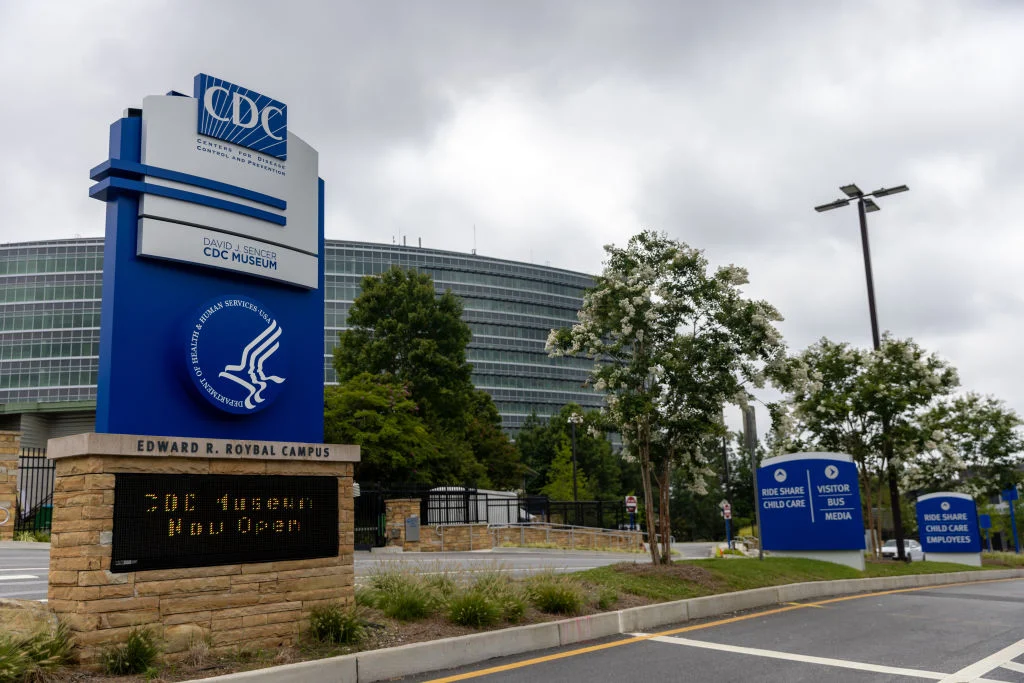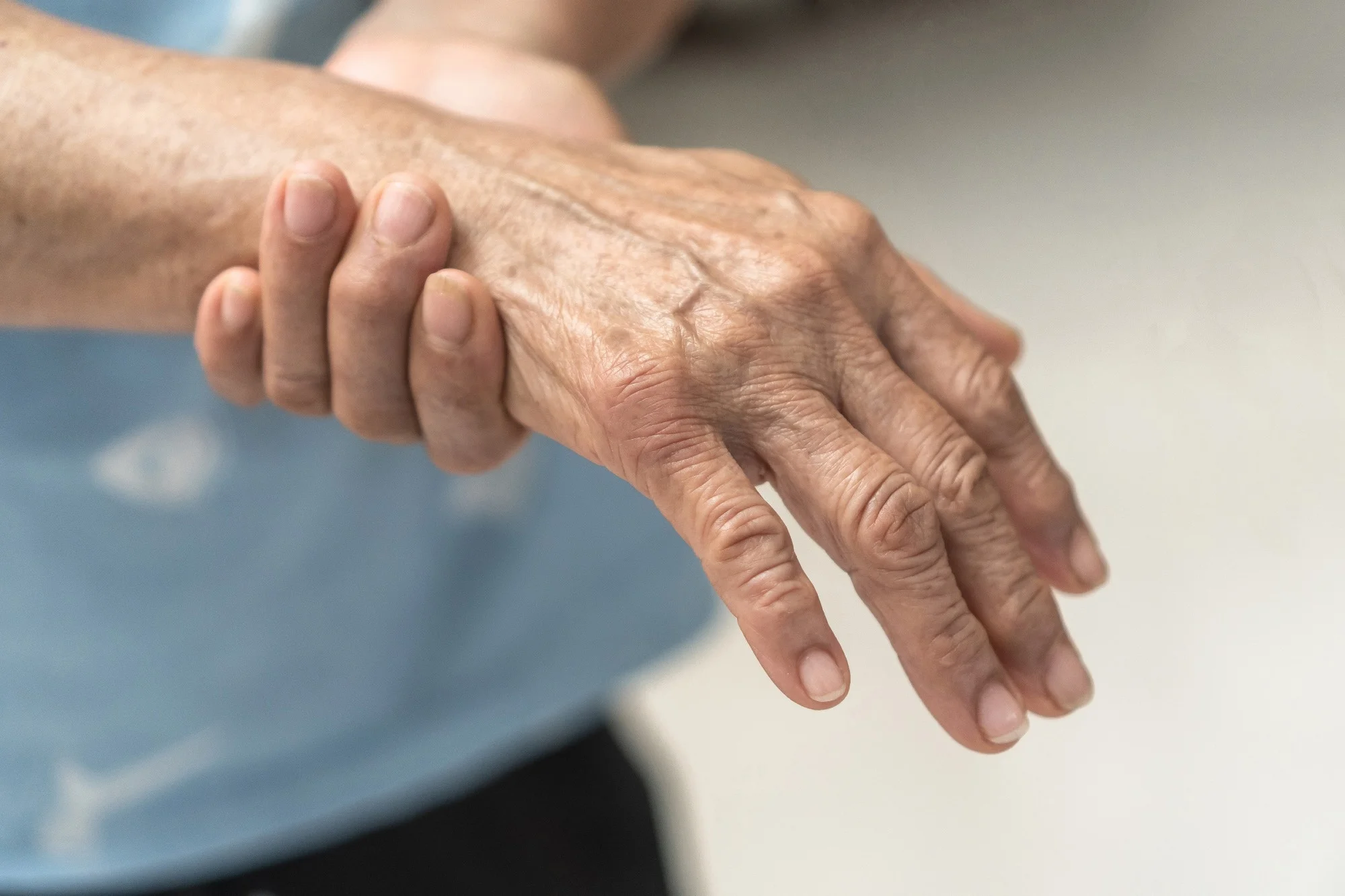The Food and Drug Administration (FDA) has identified a potential risk of Guillain-Barre syndrome (GBS) with Pfizer’s RSV vaccine for older adults.
The FDA has requested that Pfizer conduct a safety study if the vaccine receives approval this spring, according to briefing documents published on Friday.
In Pfizer’s phase three trial, two individuals in their 60s who received the vaccine were diagnosed with GBS out of approximately 20,000 recipients.
No cases of GBS were reported in the trial’s placebo group, according to the FDA document.
GBS, or inflammatory neuropathy, is a rare disorder where the body’s immune system mistakenly attacks the nerves.
Symptoms can range from brief weakness to paralysis, as noted by the National Institutes of Health. Most people recover even from severe cases.
Pfizer, in its briefing document, indicated that the GBS cases could have other explanations. Nevertheless, the company agreed to conduct a safety study to further investigate GBS after potential approval.
Pfizer stated that no safety concerns were identified during the trial and that the vaccine was well tolerated.
Similarly, a possible GBS case was reported in trials for GSK’s RSV vaccine, although the company found insufficient evidence to confirm the diagnosis.
GSK has listed GBS as a significant potential risk in its safety surveillance plan, which the FDA will review and provide recommendations as necessary.
The FDA published these briefing documents ahead of its advisory committee meetings scheduled for next week.

The advisors will vote on Tuesday on whether Pfizer’s efficacy and safety data support FDA approval. They will vote on GSK’s RSV vaccine for older adults on Wednesday.
Currently, no approved RSV vaccine exists. RSV causes between 6,000 to 10,000 deaths annually among seniors, with mortality varying by season.
According to an FDA review of the companies’ data, Pfizer’s vaccine was 85% effective at preventing lower respiratory tract illness, while GSK’s shot was 83% effective.
In Pfizer’s trial, a 66-year-old man in the U.S. with a history of hypertension developed GBS symptoms seven days after vaccination.
He had a heart attack before the onset of GBS symptoms, was hospitalized, and underwent an angioplasty. The FDA does not consider the heart attack related to the RSV vaccine.
The man experienced lower back pain eight days after vaccination and weakness in his lower extremities on the 14th day. He was hospitalized again following a fall and was diagnosed with GBS.
His symptoms began improving with treatment and were resolving six months after onset, according to the FDA.
In the second case, a 66-year-old woman in Japan with a history of type 2 diabetes developed a severe case of Miller Fisher syndrome, a GBS variant.
She experienced fatigue nine days after vaccination, a sore throat the following day, and poor muscle control on the 10th day. She was hospitalized 19 days after vaccination, but her symptoms completely resolved within three months.
